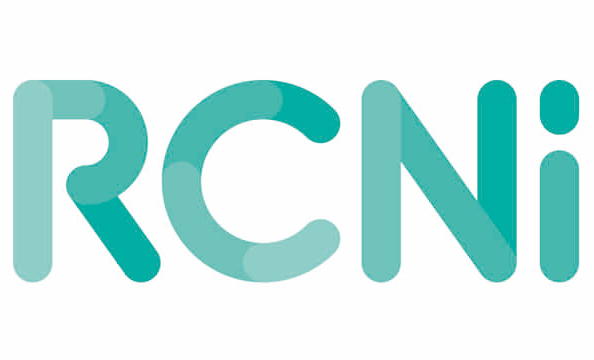Michael Nash
Parity of esteem still a distant goal – and what mental health nurses can do about it
Nurses must be advocates for right to equal treatment even if it means challenging others
Severe mental illness: why is physical health monitoring so vital?
Physical health monitoring helps nurses identify key risk factors in service users
Examining the preventive health-screening activities of mental health nurses
Screening is crucial for early detection of a range of physical conditions and risk factors
Mental health issues in children: primary school teachers’ experiences and needs
Mental health nurses could help train and support primary school teachers
Caring for someone with cancer and severe mental illness
Cancer care for people with mental illness should be shared with mental health services
Enhancing physical health monitoring in people with severe mental illness
The development and implementation of a physical health passport
Mental healthcare training needs of oncology nurses in Ireland
Aim To investigate the self-reported mental healthcare training needs of oncology nurses in Ireland. Method An exploratory, quantitative descriptive study was undertaken using a cross-sectional questionnaire design. Results Oncology nurses ( n =136) encountered a range of mental health problems in practice. Depression and anxiety were most common, however, severe mental illnesses such as schizophrenia and bipolar disorder were also encountered. Respondents reported good knowledge of and confidence working with patients with depression and anxiety, but were less knowledgeable and confident working with those who had schizophrenia and bipolar disorder. Knowledge of mental health medication, side effects and interactions with chemotherapy drugs were identified as important training needs. Conclusion Developing knowledge and skills in mental health will enable oncology nurses to detect problems earlier, intervene appropriately, liaise effectively with colleagues and provide holistic support to patients and families. This may lead to better overall health outcomes. Translating the results of the study into an educational support package for oncology nurses is being explored.
Diagnostic overshadowing: a potential barrier to physical health care for mental health...
Diagnostic overshadowing occurs when symptoms of physical illness are attributed to the service user’s mental illness. This increases the risks of treatment delay and the development of complications. The situation may arise due to stigmatisation of the mental condition and negative attitudes among healthcare practitioners, together with a lack of education and training in physical or mental health, or a lack of confidence in clinical skills and symptom recognition. Preventing diagnostic overshadowing is challenging because it requires staff to reflect continually on their attitudes, skills and education needs, and practice.








